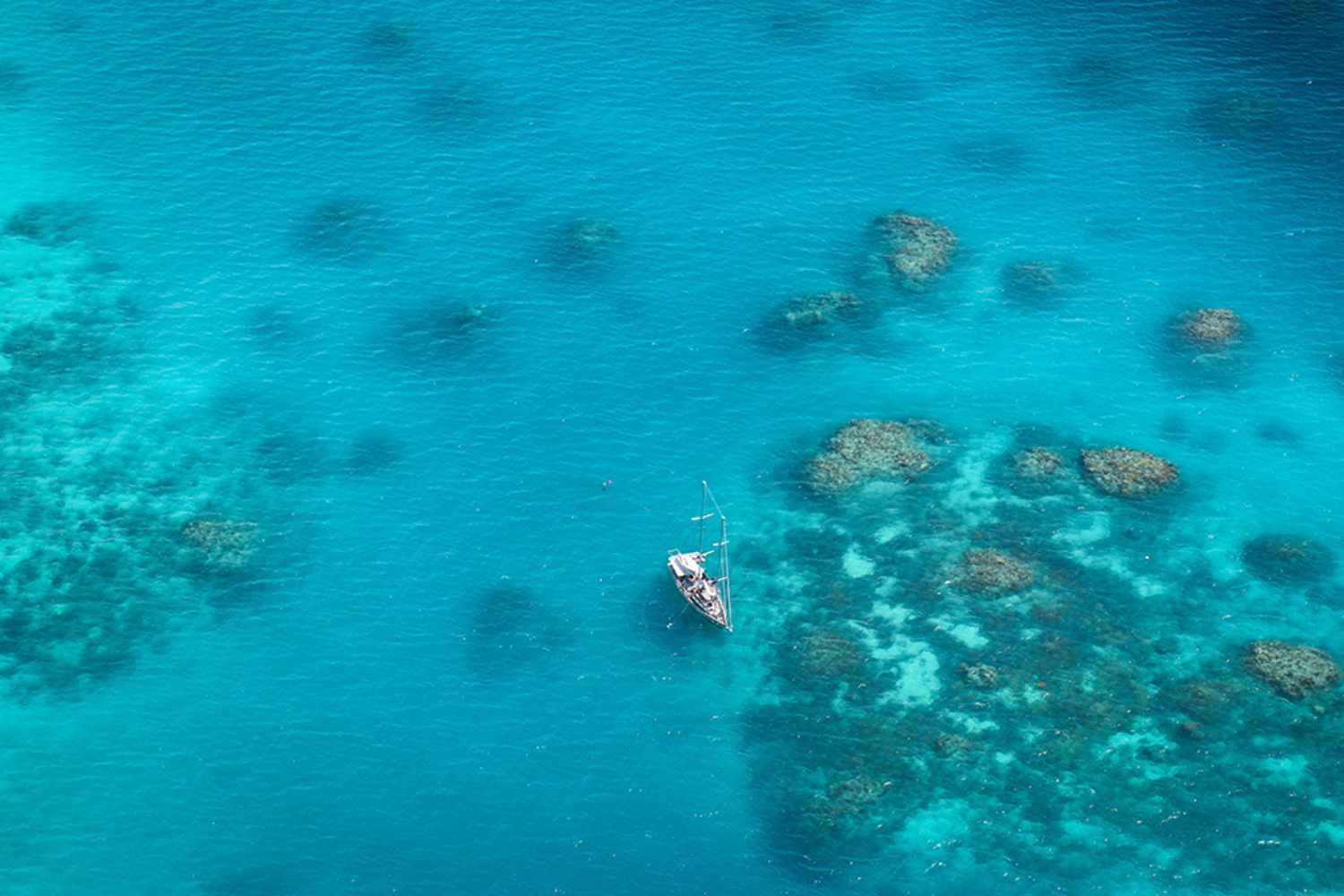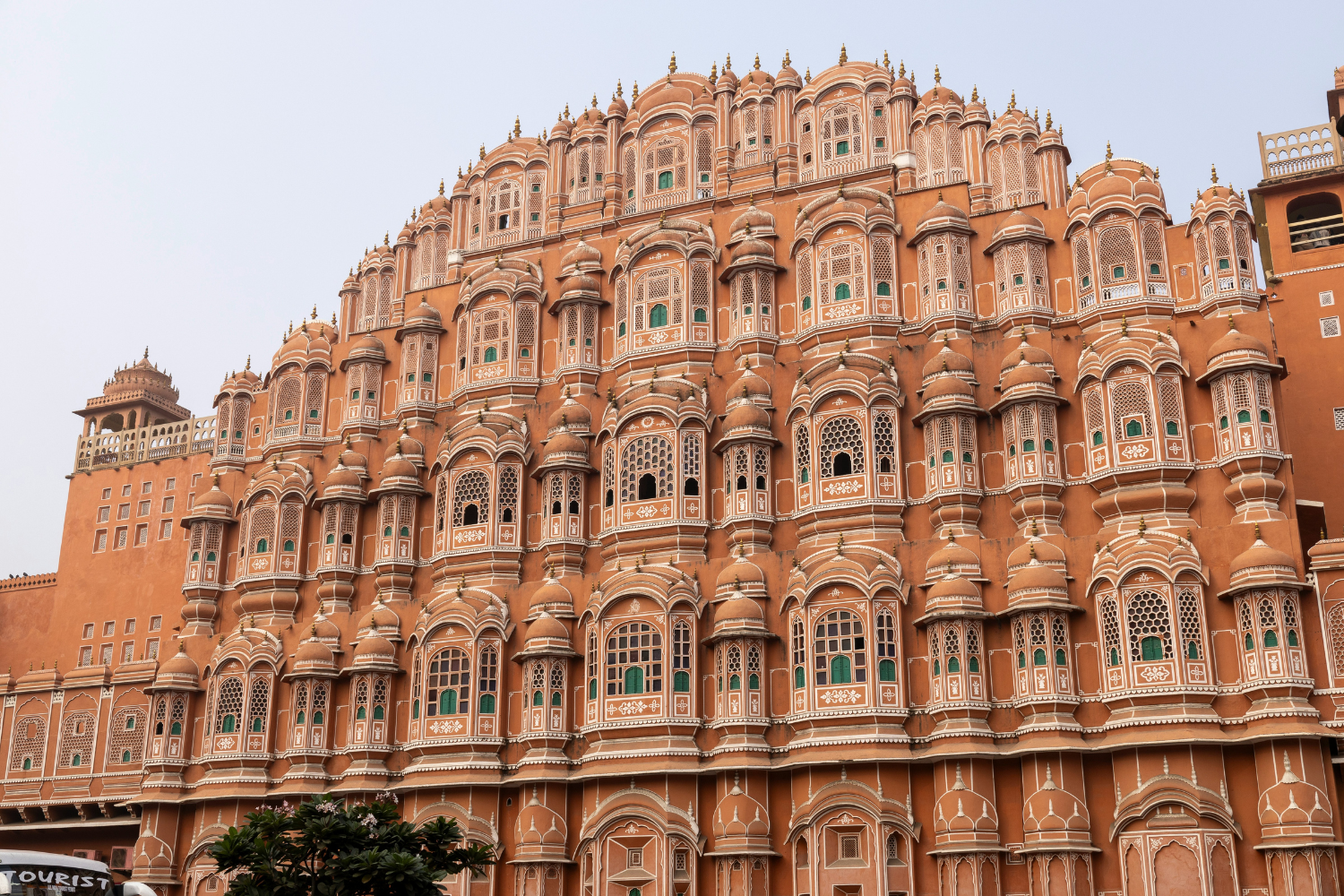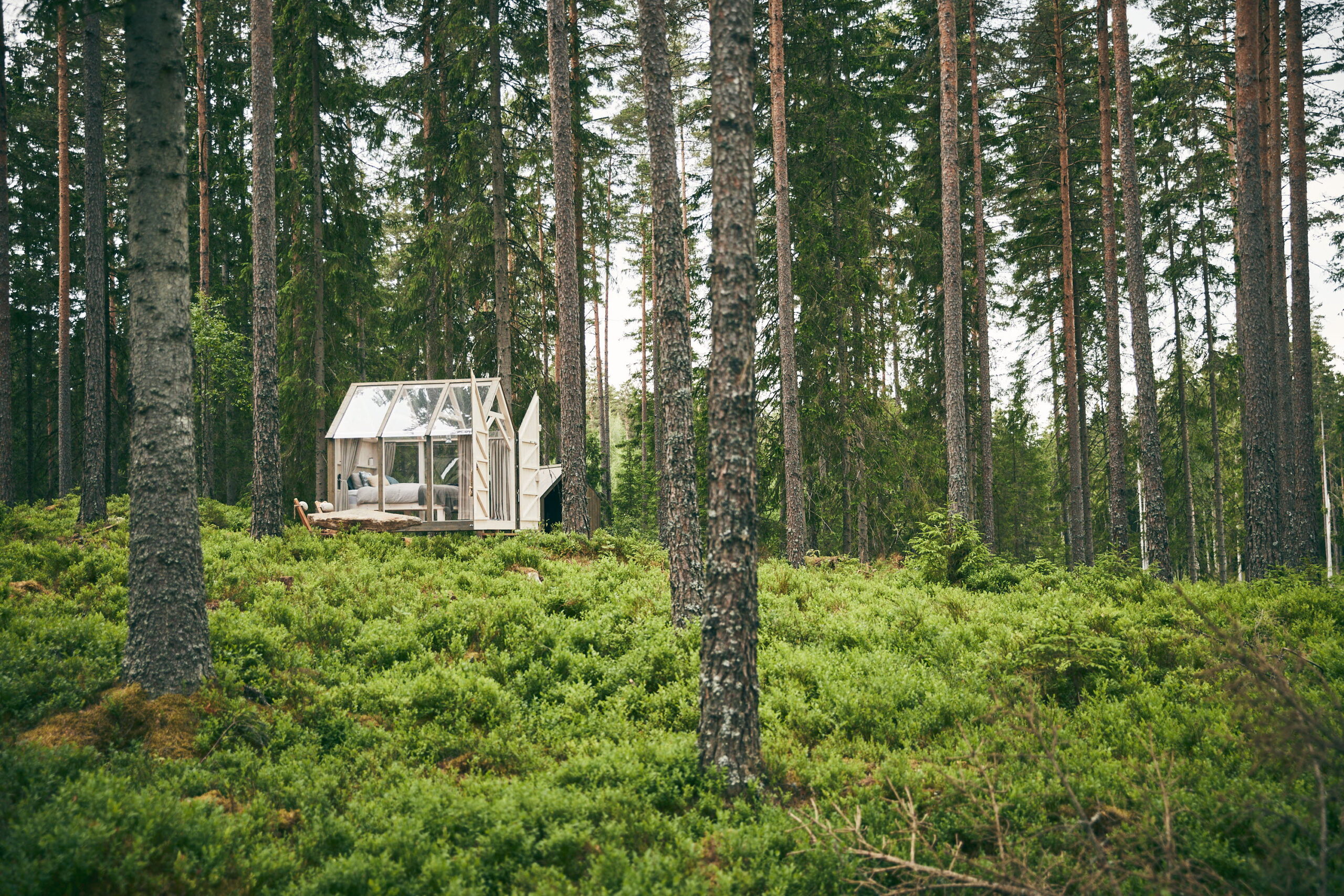

Make your next trip awesome.
We are committed to sustainable tourism practices that align with United Nations Tourism’s definition of sustainable tourism, which emphasizes the importance of environmental conservation, social inclusivity, and economic sustainability.
Our team of sustainable travel experts curate incredible travel experiences and itineraries so you can book your next holiday with knowing that you are taking steps to travel better.
Explore Sustainable
Places
Speak to our Sustainable Journey Experts at Call 020 3411 3889 or [email protected]


Find your next Sustainable Journey
- Sweden
Embark on a 12-day journey of sustainable discovery in serene Västra Götaland County, where relaxation, rejuvenation, and responsible tourism harmoniously blend. Your adventure begins in the...
- Colombia, South America
Starting in Bogotá, this 13-day Sustainable Journey will see you delve into the country’s intricate journey of conflict and peace evolution, embark on a gastronomic tour...
- Australia
Starting in Brisbane, this 13-day Sustainable Journey will take you first to Lady Elliott...
- Asia, India
Begin in vibrant Delhi and explore the city by rickshaw and metro. Travel to...
- Finland, Norway
Starting in the cool, stylish capital city of Helsinki, this 11-day Sustainable Journey tour...
- Latvia
All aboard! This 8-day exploration of Latvia by rail unveils a captivating blend of...



Book With Confidence
Your booking with Sustainable Journeys is both ABTA and ATOL protected. When you book your Sustainable Journey, your money is held in trust for extra security.





Discover
Sustainable Places
Find Inspiration For
Your Next Trip
- Europe, Lithuania
Located in Palūšės, Palūšės Kopa features a garden, terrace, restaurant and bar. Each room...
- Europe, Sweden
Live in a glass house, surrounded by forest and nature. Erikson Cottage offers a...
- Europe, Sweden
INFOREST, based in the scenic region of Hjo, Sweden, offers a unique escape into...
- Asia, Sri Lanka
Anantara Tangalle Resort stands as a beacon of sustainability, embodying a profound...
Trust in your Travel Choices
What Our Travelers Say
About the Trip


































